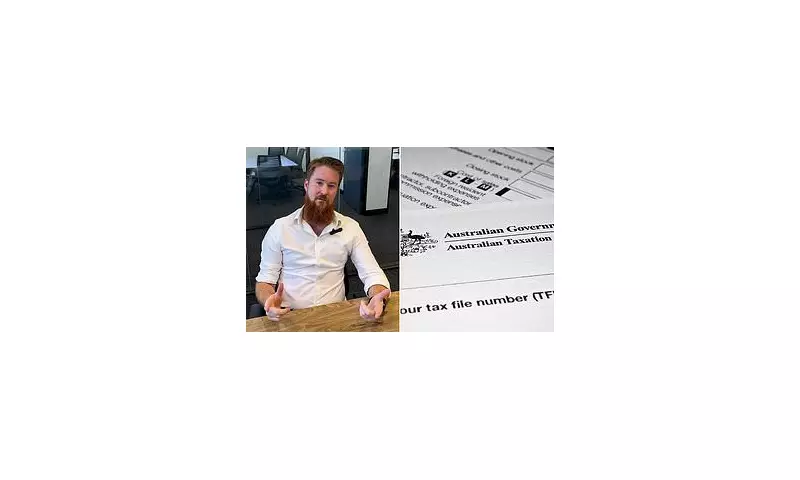
Thousands of UK taxpayers are facing an unexpected financial blow this year, not from their income tax, but from a little-known NHS surcharge tied directly to their earnings. The Medicare Levy Surcharge (MLS), a charge designed to encourage higher earners to take out private health insurance, is catching many Britons off guard.
The complex rules mean that individuals earning over £90,000, or families with a combined income exceeding £180,000, could be hit with a surcharge of up to 1.5% of their entire income if they don't have an appropriate level of private patient hospital cover.
Who is Really at Risk?
The threshold might seem high, but financial experts warn that it's easier to breach than many realise. "It's not just about your salary," explains a leading tax adviser. "Your taxable income for the MLS includes things like investment returns, rental income, and even reportable fringe benefits. A one-off bonus or a strong investment year can easily push someone over the threshold."
The Sting in the Tail
The real shock for many comes from how the charge is calculated. Unlike standard tax, the MLS is levied on your entire income, not just the amount over the threshold. This can result in a bill running into thousands of pounds for those who unknowingly crossed the financial line.
Many are only discovering their liability when they lodge their tax return and receive a notice from HMRC, long after the financial year has ended.
How to Protect Yourself
There are two primary ways to avoid the surcharge:
- Private Health Insurance: Taking out a complying private health insurance policy for you and your dependents for the entire income year.
- Income Management: Carefully managing your taxable income to stay below the relevant threshold, though this can be difficult without expert advice.
Tax professionals are urging the public to proactively check their status rather than wait for a bill. "A quick review of your income projections could save you a significant and stressful surprise down the line," they advise.





